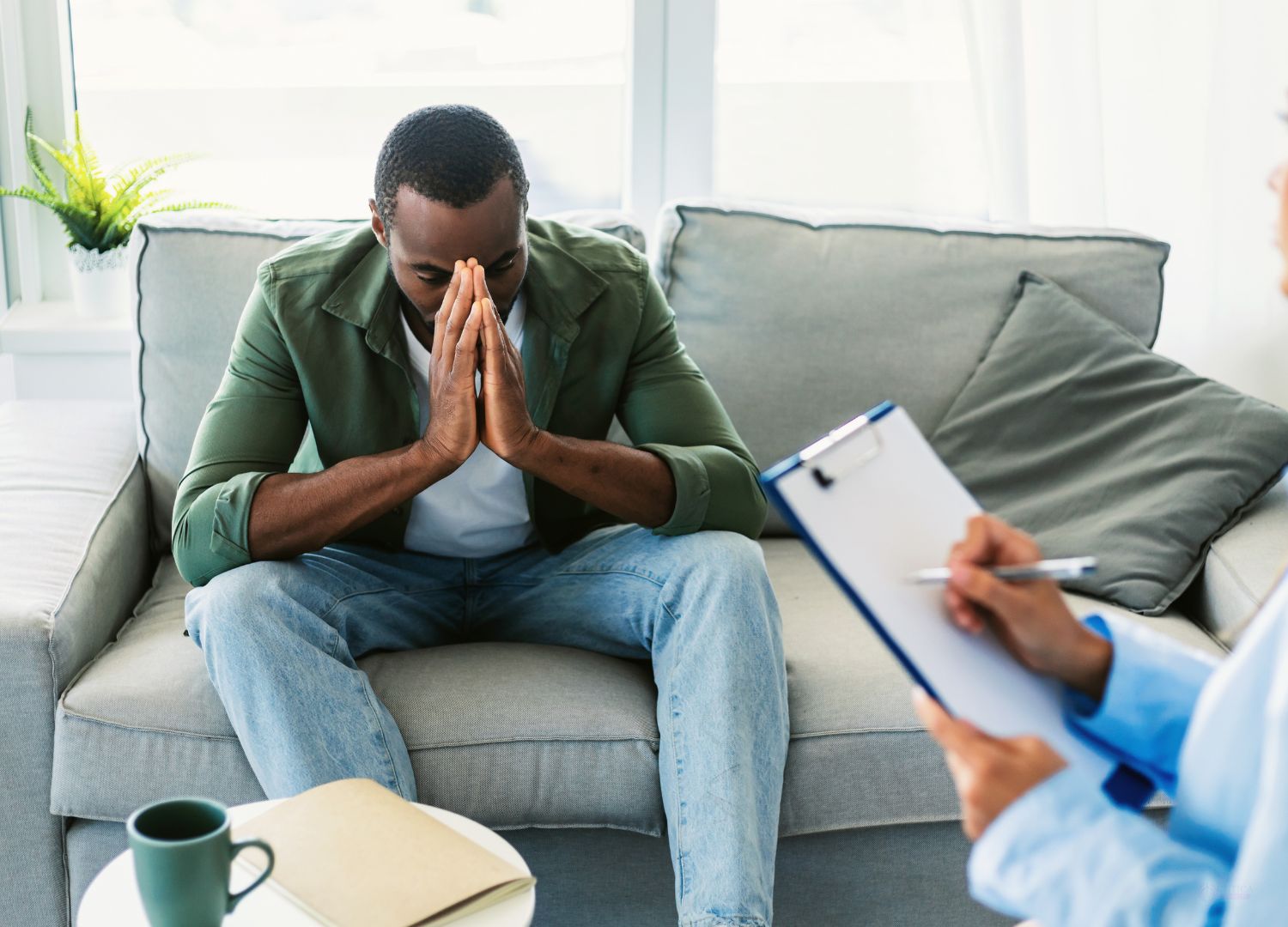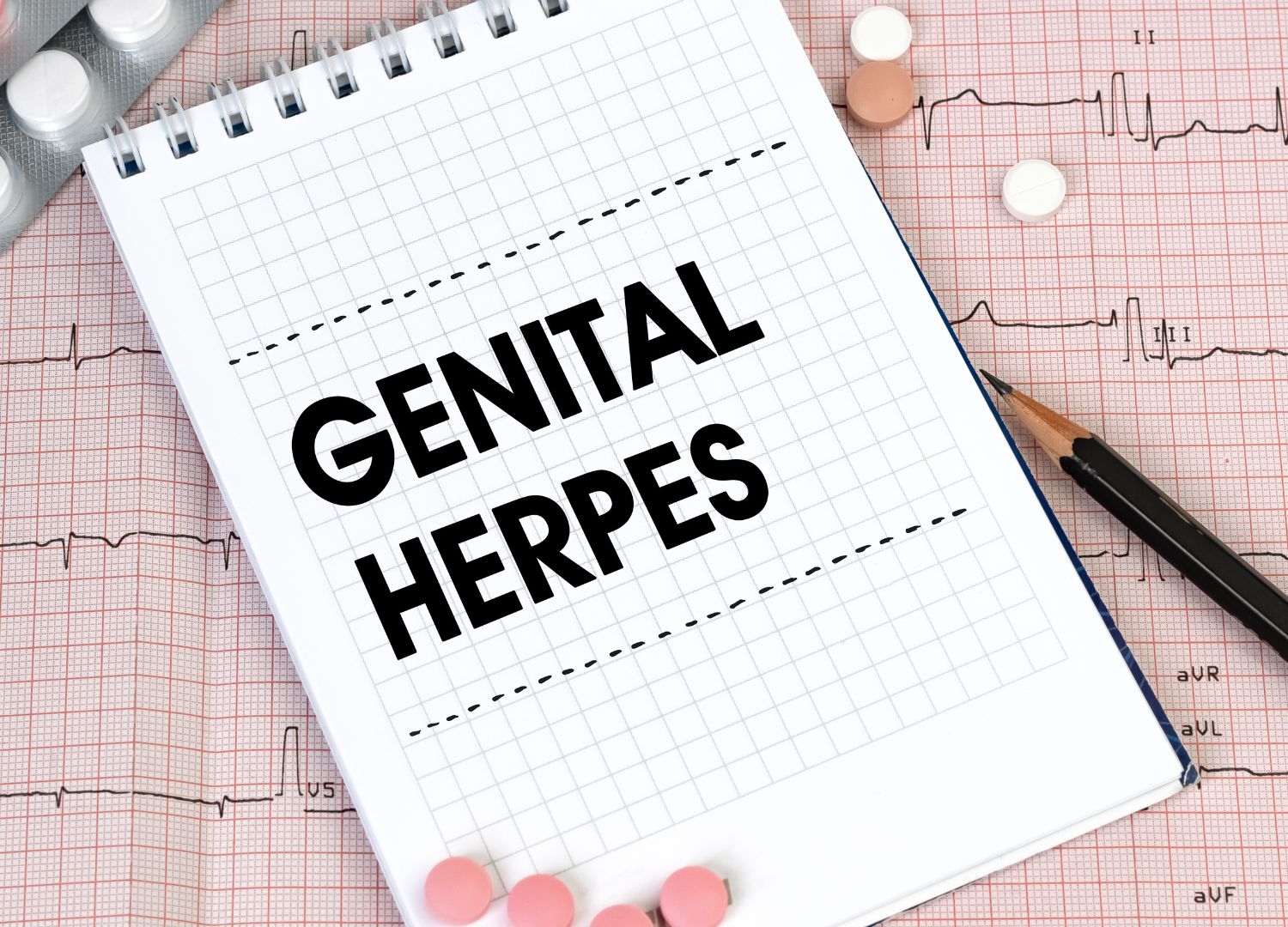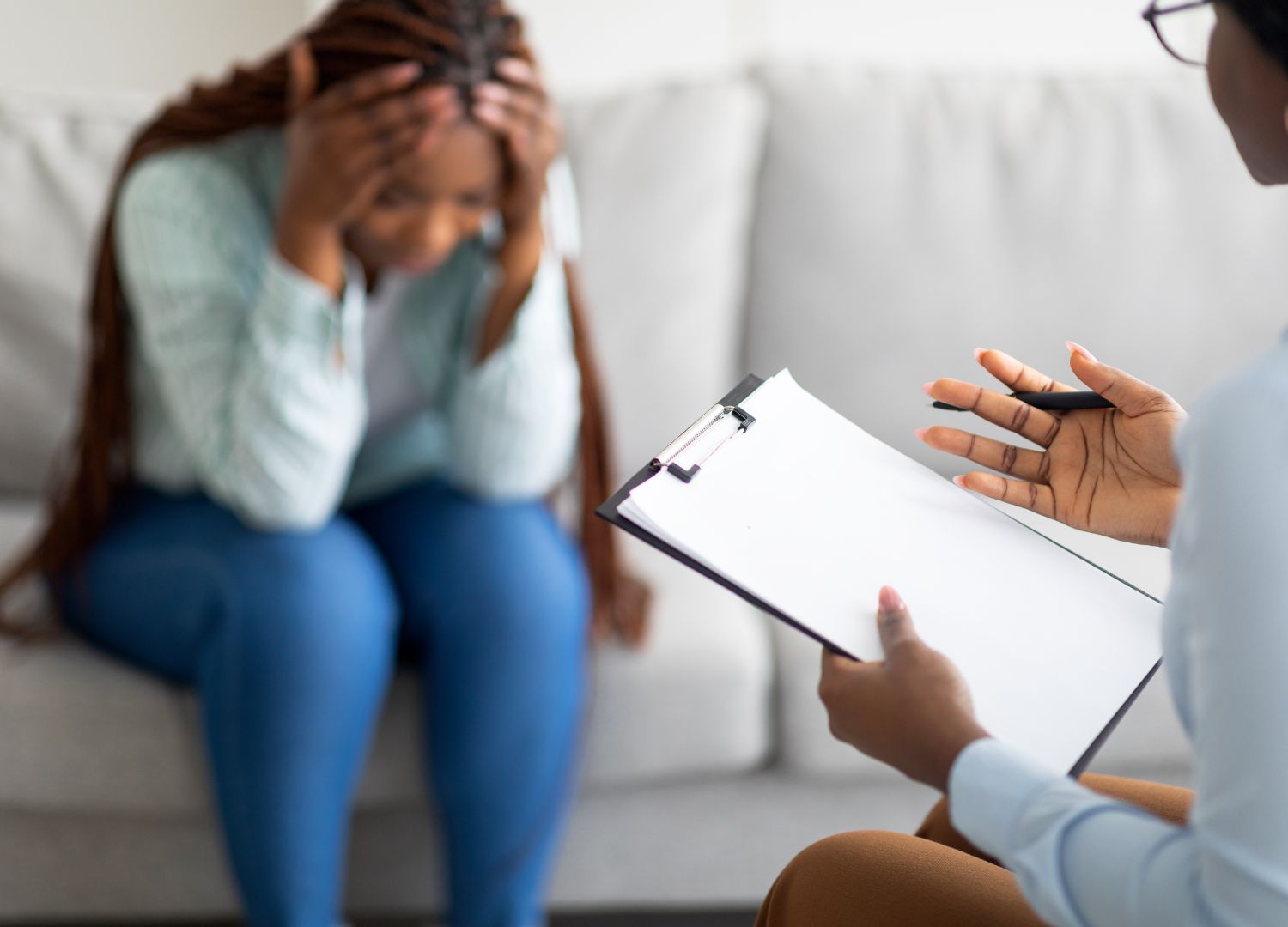
Post-Traumatic Stress Disorder: What You Suppose Know
Post-traumatic stress disorder dey added to the list of mental disorders by the Diagnostic and Statistical Manual (DSM -III) for 1980. The DSM-III dey provide set of criteria wen people must meet for dem to dey diagnosed with any particular disease or disorder.
For reality, PTSD don dey felt since World War I (1914-1918) and the Vietnam War (1955-1975) where dem call am “shell-shock” and also “combat fatigue” after World War II. No matter the name, the core of the disorder still remain the same: PTSD na psychological disorder wen dey caused by the experience of traumatic event or situation.
Post-traumatic stress disorder fit dey triggered by war, rape, accident, acts of terrorism, natural disasters, near-death experiences, and oda traumatic things wen dey occurr. PTSD dey affect people of all ages, ethnicities, and gender.
Post-traumatic disorder dey very wide but some few essential things you suppose know:
PTSD symptoms nor dey time-limited
Dis one simply mean say PTSD symptoms fit show up any point in time after the traumatic event. Symptoms fit start few days or within one month of the event or e fit start years after the event don happen. Symptoms fit dey serious and disturbing, to the extent say e go begin affect your ability to go about your daily activities . Relationships, work, and schooling fit also dey affected.
PTSD dey triggers behavioural changes
Post-traumatic stress disorder dey bring about changes for behavior. Dis one na expected reaction and most of d changes go dey seen for your physical and emotional responses to events.
These changes dey known as arousal symptoms and some of them na:
Risky or self-destructive behavior like too much drinking, drinking and driving, or fighting
Highly suspicious and always dey on the lookout for danger
Dem dey easily frightened or startled
Dey get feelings of shame and guilt
Development of sleeping problems like insomnia
Increased episodes of aggression, irritability, and anger
Difficulty to concentrate
The type of traumatic event fit influence the development of PTSD
Nor be every body wen experience traumatic event go develop PTSD. Research don show say people wen experience trauma wen come from interpersonal violence like kidnap, rape, childhood sexual abuse, incest, and physical abuse from romantic partner dey more likely to develop PTSD. People wen go through non-assault based trauma like natural disasters and accidents are less likely to develop PTSD.
Conclusion
Post-traumatic stress disorder na psychiatric disorder wen fit deeply change person life. PTSD dey caused by traumatic events like war and rape but nor be life sentence. PTSD fit dey managed and dem fit treat am well. If you or anybody wen you knw dey show signs of PTSD, please find professional help.












